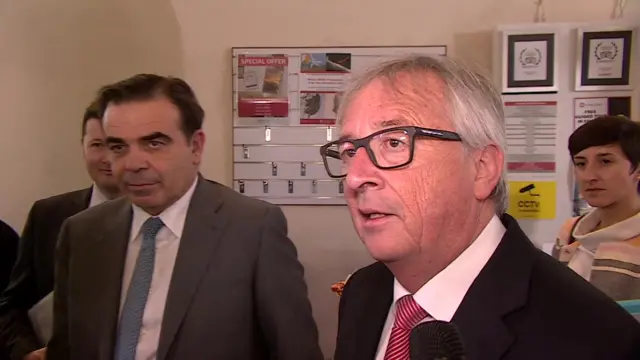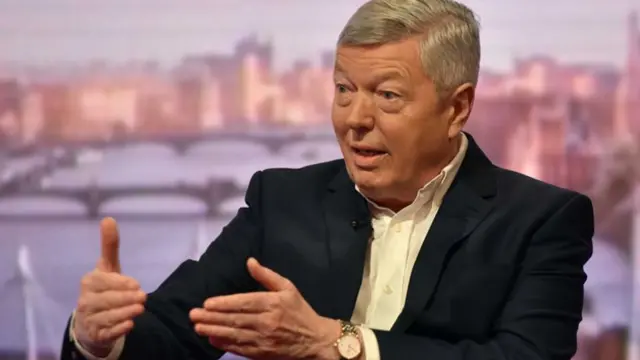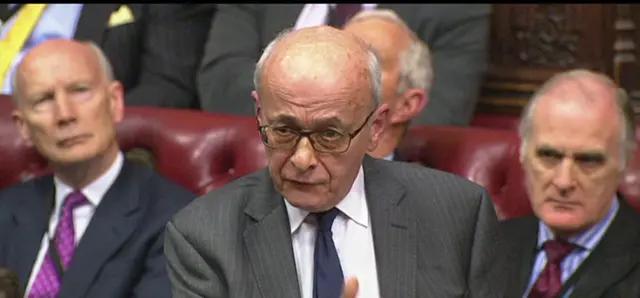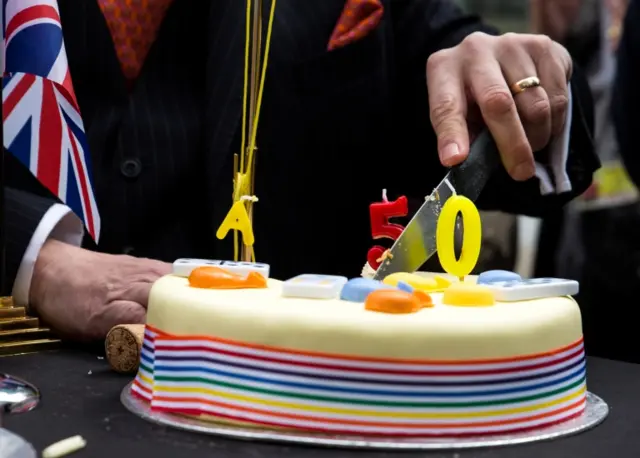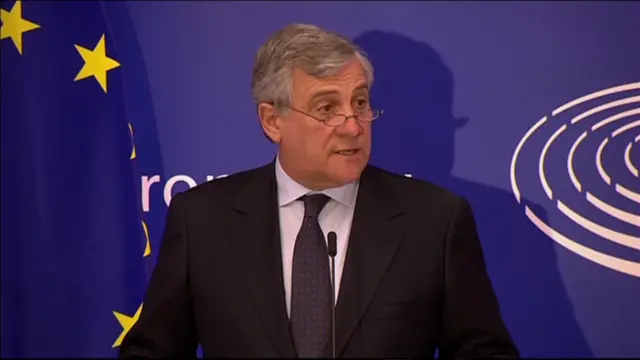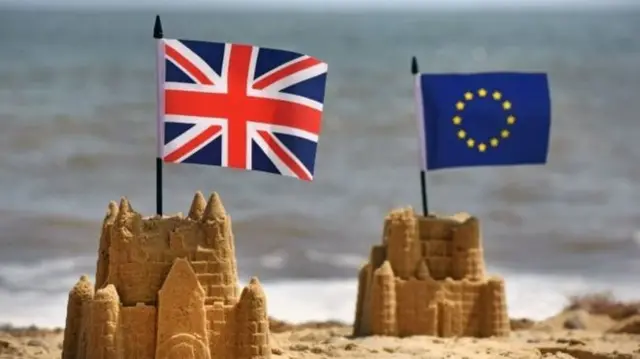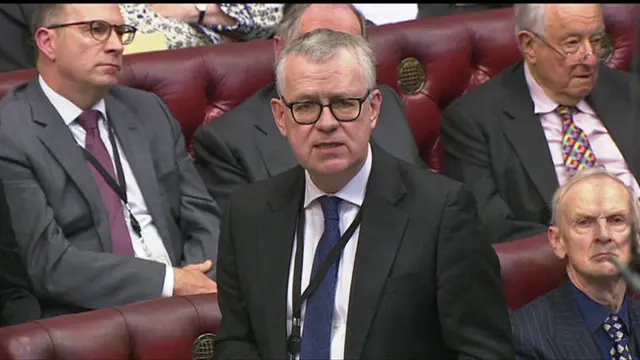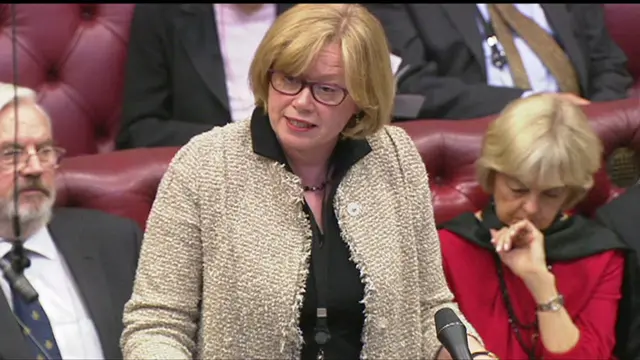EU negotiator: No 'trade-off' between security and tradepublished at 16:48 BST 29 March 2017
Guy Verhofstadt, the European Parliament's chief negotiator, says he does not accept any attempt to "bargain" between trade and security.
"I think the security of our citizens is far too important to start a trade off from one for the other," he says.
